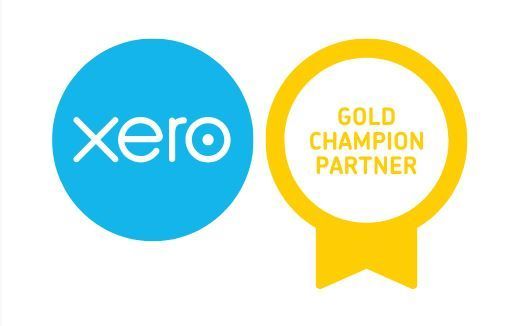Work-From-Home Questions Answered!
Get Ready for Tax Time: Your WFH Questions Answered!
For those working from home, understanding deductions is key. Asset Accountants & Advisers are here to help you navigate it!
Here's a summary of your top work-from-home tax questions answered:
· Fixed Rate for 2024-25: The fixed rate for working from home in the 2024-25 income year is 70 cents per hour.
· Minimum Hours: There's no minimum number of hours required to claim a work-from-home deduction. However, you must be working from home to fulfil employment duties, incur additional running expenses due to working from home, and keep proper records.
· Proof of Hours: If using the fixed rate method, you must provide records showing all hours worked from home between 1 July 2024 and 30 June 2025, including start and finish times. This can be a diary, spreadsheet, rosters, or timesheets, and must be recorded at the time or soon after, not as an estimate. For the actual cost method, a continuous 4-week record representing your usual pattern is needed.
· Proving Phone Use: If you use the fixed rate method, phone calls and data usage are included in the hourly rate and cannot be claimed separately. If using the actual cost method, calculate the work-related percentage of your phone use on a reasonable basis, keeping a spreadsheet or diary for a continuous 4-week period to show your work vs private use.
· Claiming Occupancy expenses: Generally, employees working from home aren't eligible to claim occupancy expenses, such as rent, insurance or mortgage interest. This is only possible in limited circumstances where a specific area of your home is set aside as a "place of business," and doing so may have capital gains tax implications.
The ATO will be closely scrutinising work-related expense claims this year, so ensure your expenses directly relate to earning your income and you have proper records.






